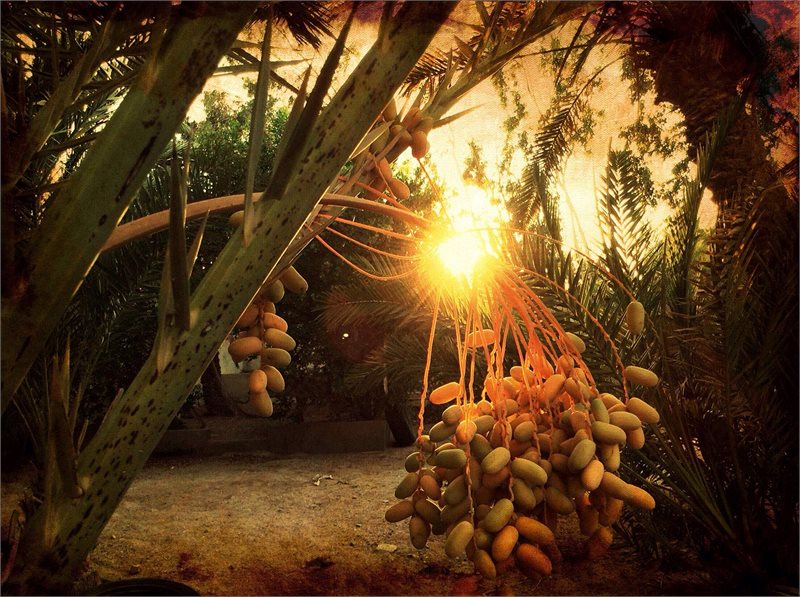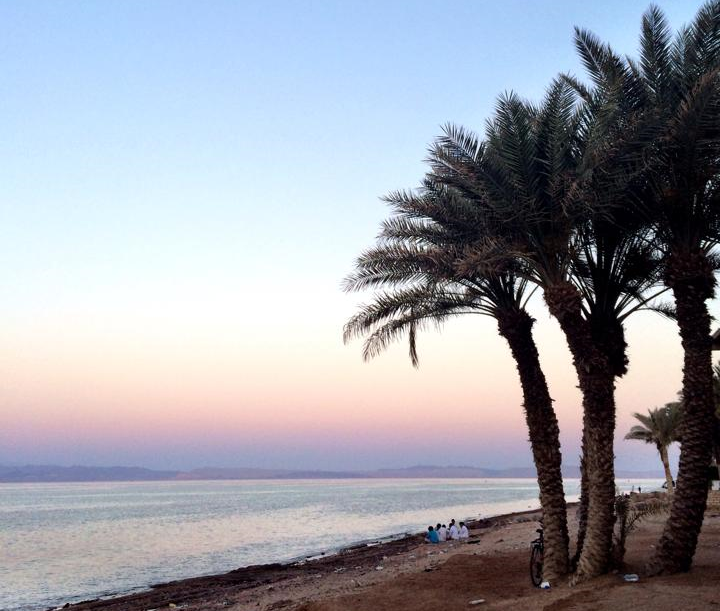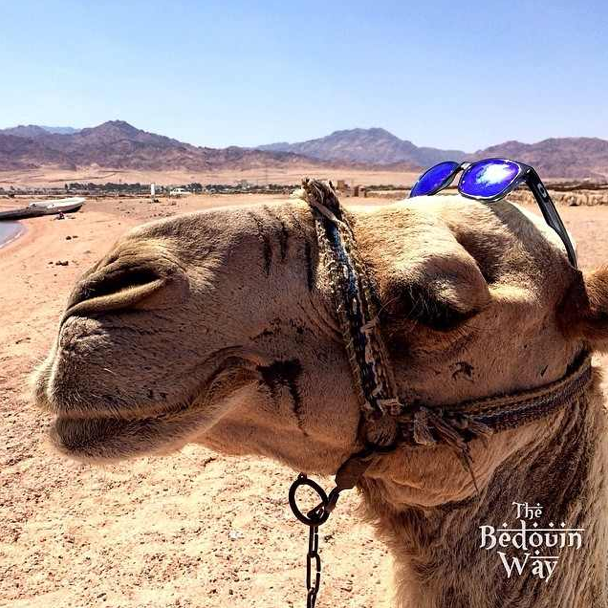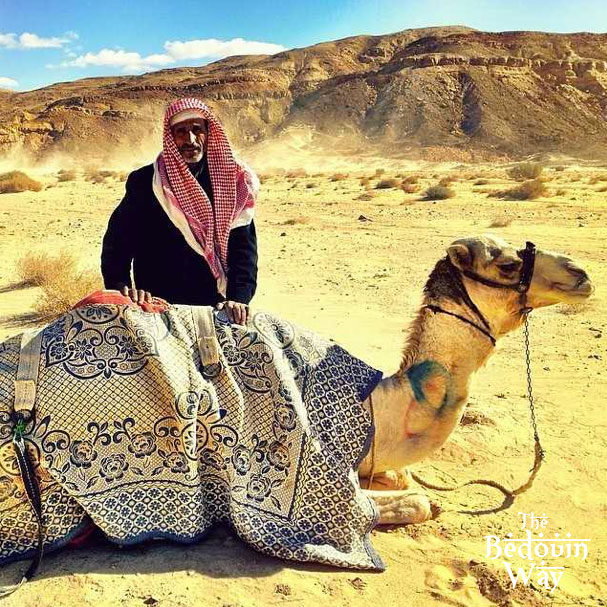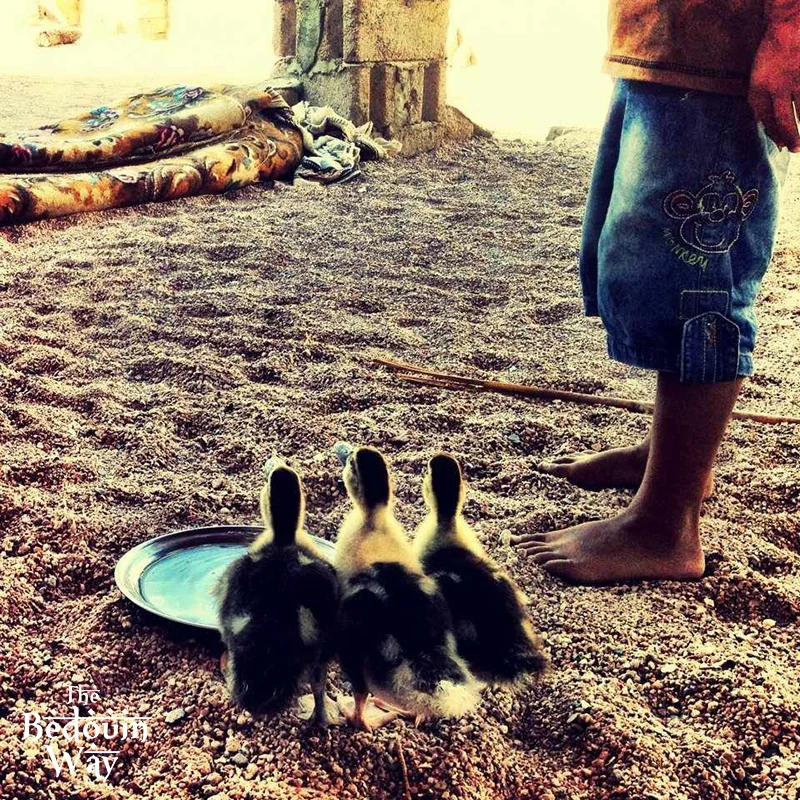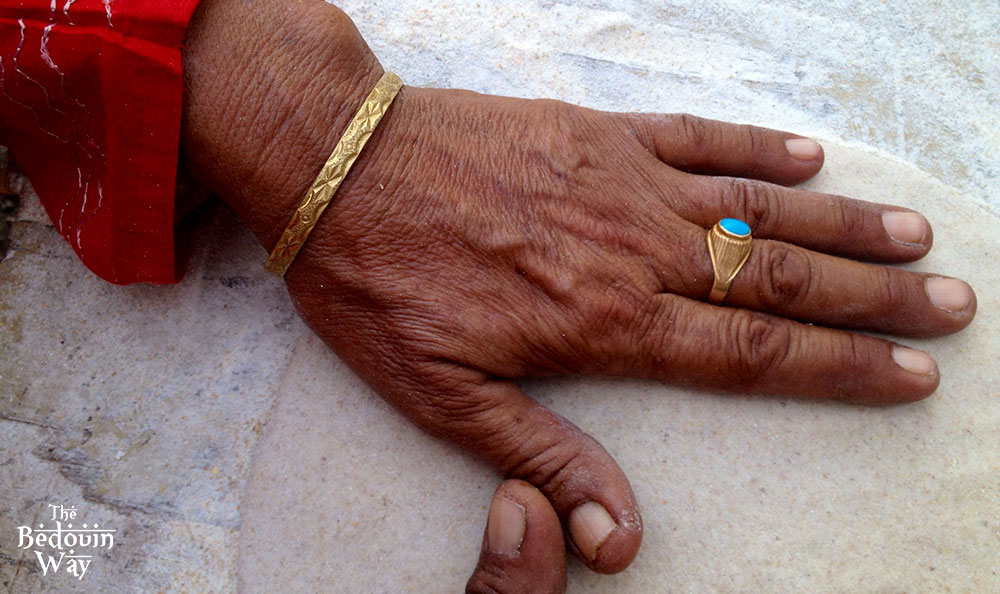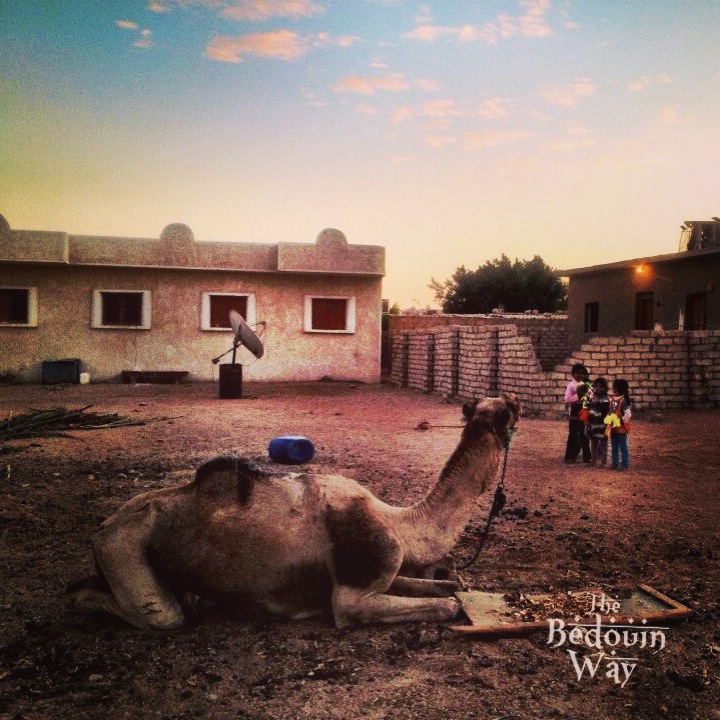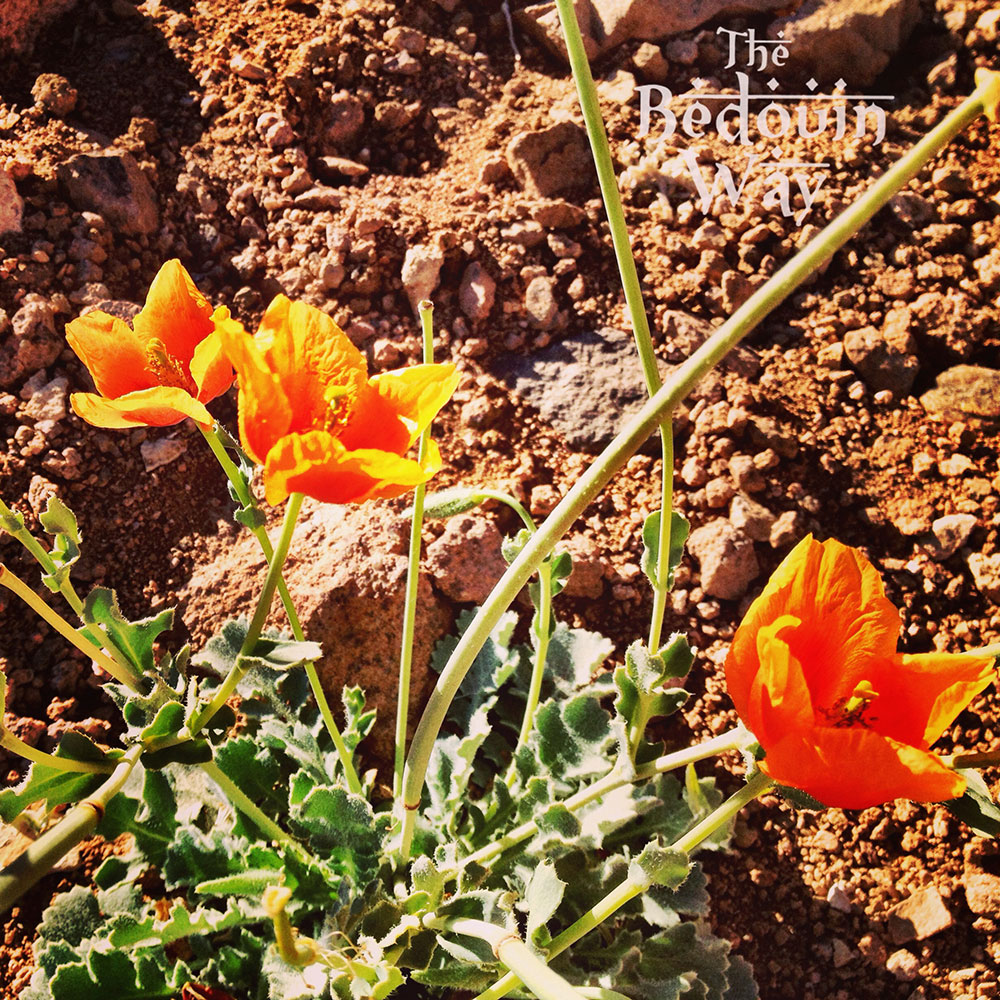“Wherever water falls, the Bedouin
will try to grow palm trees.”
My name is Hamid Soleman. I was born and raised in Dahab, South Sinai and I work with tourists. My family owns palm trees that have been passed down through generations in Dahab, Ein Hodra and Wadi Feran. I would like to tell you about their importance to our tribes.
Dates have been a staple food of the Middle East for thousands of years. They are believed to have originated around what is now Iraq, and have been cultivated since ancient times, possibly as early as 4000 BCE. The Ancient Egyptians used the fruits to make date wine, and ate them at harvest.
Hamid Soleman
How do we use palm trees?
Every single palm tree in South Sinai is owned by someone and they can live to be 200 years old. If we own land that is not being used for a house, we’ll usually try to plant trees.
There are 7 main oases in South Sinai – Ein Hodra, Wadi Gnai, Wadi Feran, Ein Omahmed, Al Tor, Wadi Sleh, and Wadi Nusb (this is a very big one with hundreds of trees).
They are vital to the Bedouin for many reasons:
- They give us food – dates are a very nutritious fruit
- They give us shade which comes from the tree itself or by using its leaves and trunk to make an ‘arisha’ or shelter
- We can make small boats from them for fishing
- We use the branches (once the dates have fallen from them) as a broom to clean the home
- The leaves can be used to make rope or we weave them into bags
- The trunks can make seating
- The trunks can also be a water dam
Some facts about dates
- Here in South Sinai we don’t tend to sell dates, we give them as gifts to family and friends. But in the North there are so many palm trees that dates are bought and sold for business
- In the past the only way to have something sweet in South Sinai was to eat dates. We only used to grow palm trees, and there was no sugar until the English people came here and introduced us to it
- The Bedouin still like to drink Arabic coffee with or without sugar and eat dates with it
- When the Bedouin go fishing by the sea, dates are a good refreshment for when we are hungry. In places like Gabr Al Bint, rainwater comes down from mountain and goes to the seaside. This helps palm trees to grow there, and the dates from these are used by fishermen
- Tradition is that the Bedouin spend winter in the desert, and summer near the sea. In our time near the sea we’ll collect dates to take to the desert for the winter months
- The Bedouin make a hole in the mountain to save dates as they last one year, and to keep them in good condition. We press them into the washed skin of a goat and seal it, then store it. No insects or pests eat dates so they keep very well
- There are lots of different types of palm trees and climate systems across South Sinai, so the dates from Dahab, Sharm El Sheikh and Nuweiba are different to those in Wadi Feran and Ein Hodra
- The best dates are from Wadi Feran, because there are lots of oasis there and water. This place is near St Catherine and it is a big centre for trade as it is in the middle of Sinai; each tribe has family there with palm trees. People doing Hadj used to bring seeds from North of Africa to Wadi Feran as they made their pilgrimage to Mecca, and so the variety of dates became mixed
- If someone has 10 palm trees, two are usually dedicated to the poor. If someone has 100 palms sometimes 10 are given to the people who work with them, and 10 are given to the poor. We mark the trees so that we know who they are for – the owner, the workers or the poor
- One of our laws is that people should always ask for permission before taking dates from a tree. Each tree is owned by someone and many have been passed down through generations. This means that the fruit cannot just be taken by anyone
- Dates are very healthy – it is very important in Ramadan to eat them for this reason. They contain dietary fibre, iron, potassium, B-vitamins, vitamins A and K, tannins, copper, magnesium, manganese, vitamin B6, niacin, pantothenic acid, and riboflavin
- Across the Middle East though, many people think that Iraq has the best dates – Basra has millions of palms and is very famous for dates. There are many songs about them. Next comes Saudi Arabia where there are many different types of seeds - every year they have a festival near Mecca to celebrate who has the best dates
How we eat dates
Fresh ripe fruit – taken from the tree or when they fall to the ground
Aguwa – these are soft, mashed dates without stones, sometimes mixed with sesame seeds. They have the skin removed and are delicious
Shegig – these dates are dried without the stones, and they still have their skin on them
Palm trees are like us – male and female
Date palms are dioecious, which means that there are both male date palms and female date palms. We don’t know which is which until they are big.
Once a male date palm has reached maturity (usually at about 12 years old) it will form flowers in early spring. These male date palm flowers are the source of date palm pollen. The female date palm yields flowers which will become dates, if they are pollinated.
The wind sometimes takes the pollen from the male to the female or the Bedouin cut it and and take it to the female.
How to plant a palm tree
To plant a palm tree, the Bedouin make a hole in the ground half a metre deep, plant the seeds (the stones from the dates), and the palm tree will grow automatically as water flows down from the valley.
Another way to plant a palm tree is to take the ‘child’ or offshoots from strong male date palms, put them in a hole in the ground, cover the base with clay (as it is alkaline and not too salty) and then water it for 10 days. After that the roots will get water and the tree will grow easily.
If you would like any more information about Bedouin life, please feel free to contact us. We would be happy to tell you more.
Thank you to Eli Twinks for your beautiful photographs of our dates.

